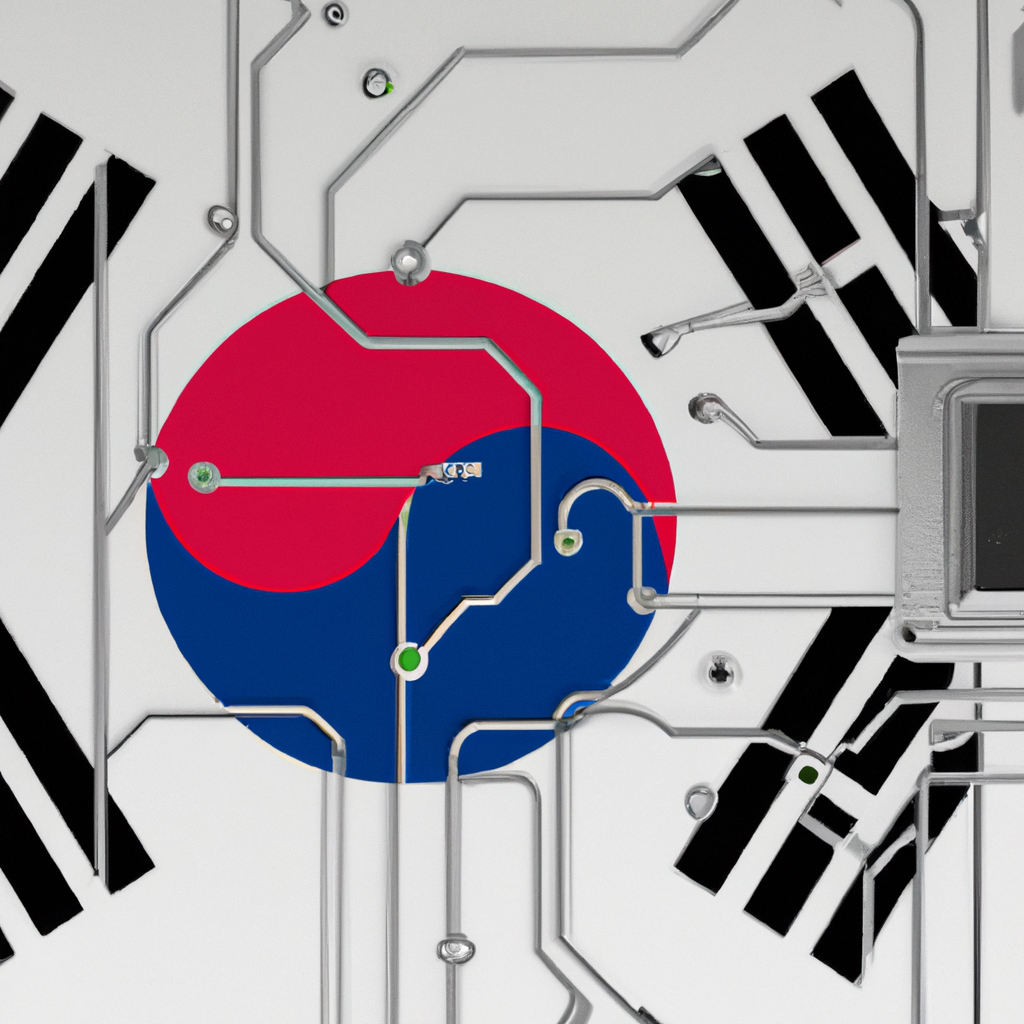Bank of America analysts have reported that South Korea is one of the few economies globally experiencing productivity gains due to artificial intelligence, although tensions between the U.S. and China regarding semiconductor technology could pose risks to its growth.
The semiconductor sector represents 17% of South Korea’s exports, and the nation has emerged as a major beneficiary of the AI boom, with exports increasing over 50% year-on-year, as noted in a recent Bank of America Global Research report. The analysts foresee that South Korea’s substantial investment in AI research and development, along with a rise in AI-related patents, will bolster its position in AI utilization in the long run.
However, the report cautions that escalating geopolitical tensions, particularly between the U.S. and China, could negatively impact the semiconductor supply chain, which may hinder AI growth in South Korea. Although the country has started diversifying its chip exports away from China, over 30% of its chip exports in 2023 were directed to China and Hong Kong. Exports to the U.S. accounted for a similar proportion.
The analysts warned that if geopolitical tensions escalate further and the U.S. imposes additional trade restrictions on advanced or AI-related chip exports to China, it could considerably affect South Korea’s memory semiconductor exports.
Additionally, South Korean chip manufacturers rely on China for various chipmaking components and equipment. Disruptions in the supply chain due to heightened tensions could complicate access to the necessary tools for chip production.
Reports indicate that the U.S. has requested South Korea to restrict exports to China of equipment and technology for producing memory chips and advanced logic chips, specifically those more advanced than 14-nanometer and DRAM memory chips beyond 18-nanometer. South Korean officials are reportedly considering this request due to potential repercussions for major firms like Samsung and SK Hynix, which have significant operations in China, their largest trading partner.
Furthermore, the Biden administration is contemplating using an export control mechanism known as the foreign direct product rule against allies that continue supplying chipmaking tools and equipment to China. This rule would prevent exports of certain goods if they are produced with a specified percentage of U.S. intellectual property.
